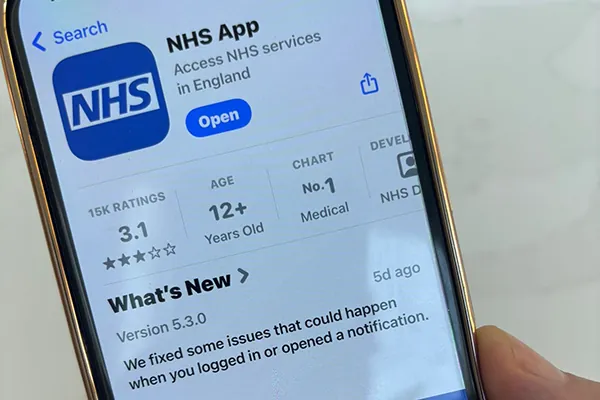The Doctors’ Association UK (DAUK) has today criticised the final recommendations of the Leng Review, warning that they would allow a significant expansion of physician and anaesthesia associate roles without sufficient safety safeguards.
“While Professor Leng’s report contains some welcome proposals, we are alarmed by its endorsement of role extensions that lack the necessary protections,” said Dr Matt Kneale, chair of DAUK. “The review has overlooked credible safety evidence that could—and should—have been independently examined.”
DAUK’s principal concerns include:
-
Insufficient training for complex duties: The review suggests ongoing modular training for physician assistants—potentially including prescribing rights and ordering non‑ionising radiation. DAUK argues that critical skills in pharmacology and radiology cannot be adequately covered by short credentialling modules, given the stark difference in baseline training compared to medical doctors.
-
Unclear scope boundaries: Granting expanded procedural and prescribing powers without explicit limits risks physician assistants undertaking advanced interventions—such as sedation for invasive procedures—without the underpinning medical training traditionally required.
-
Replicating flawed governance models: The proposal to establish a permanent faculty under medical royal colleges mirrors existing structures that have historically blurred professional roles. DAUK questions whether this genuinely addresses past failings or merely perpetuates them.
-
Inconsistent evidence assessment: Although the review notes that research into the safety and efficacy of physician and anaesthesia associates is “limited, generally low quality and inconclusive,” it nonetheless recommends substantial role expansion based on this weak evidence base.
-
Marginalisation of frontline insights: Despite receiving detailed, verifiable safety submissions from practising doctors—including almost 700 directly observed incidents submitted to DAUK—the review failed to acknowledge or analyse any of these. No contact was received from the Leng team to discuss these in detail. We understand a similar BMA dossier was dismissed as “unverifiable”.
DAUK calls for immediate action to safeguard patient safety:
-
Transparent publication of evidence submissions deemed credible during the review, so that all safety concerns and DAUK’s own data can be scrutinised.
-
Clear, enforceable limits on credentialled functions, specifying which procedures and responsibilities may—and may not—be delegated to physician assistants, irrespective of additional training.
-
Independent oversight of the proposed faculty, with mechanisms to prevent unchecked scope expansion and ensure accountability to patient safety rather than workforce expediency.
-
Mandatory frontline consultation before any credentialling framework is implemented, guaranteeing that supervising clinicians have a decisive say in role definitions and safety protocols.
-
Suspension of new prescribing and imaging rights pending the establishment of rigorous safety frameworks, complete with accountability measures and ongoing monitoring to detect and address emerging risks.
“We support innovation that enhances patient care,” Dr Kneale added, “but these recommendations, as they stand, place workforce convenience above the paramount need for safety. We urge the government and royal colleges to pause implementation and work with frontline doctors to forge a truly secure model.”
ENDS
Press contact:
Dr Matt Kneale, chair, Doctors’ Association UK
[email protected]





